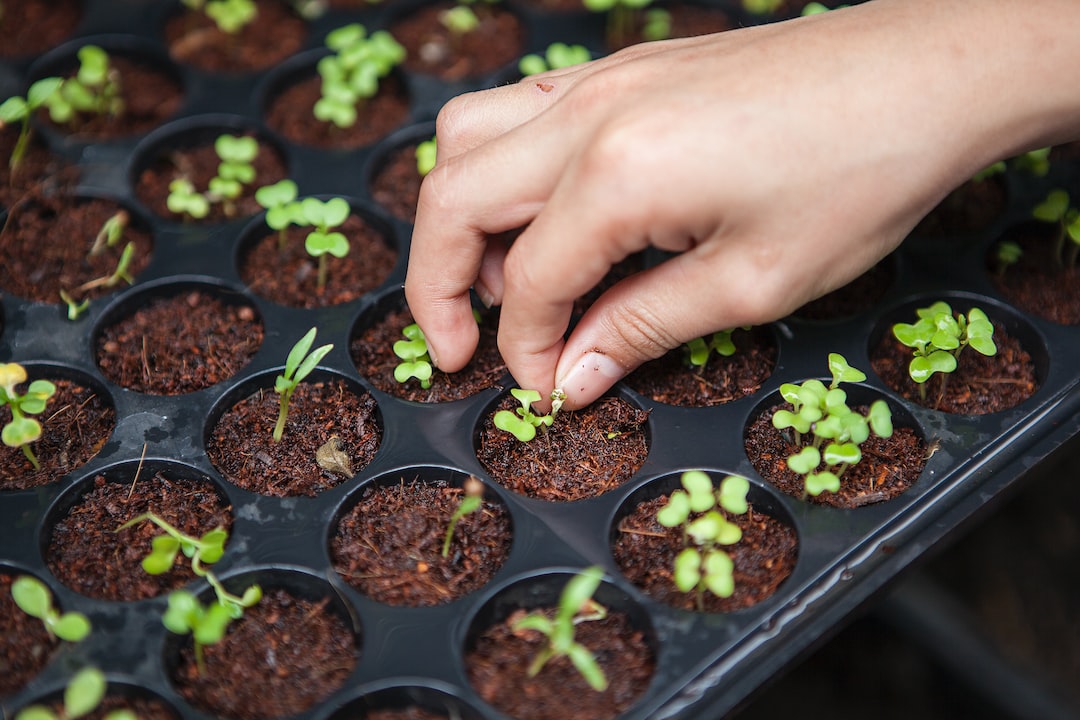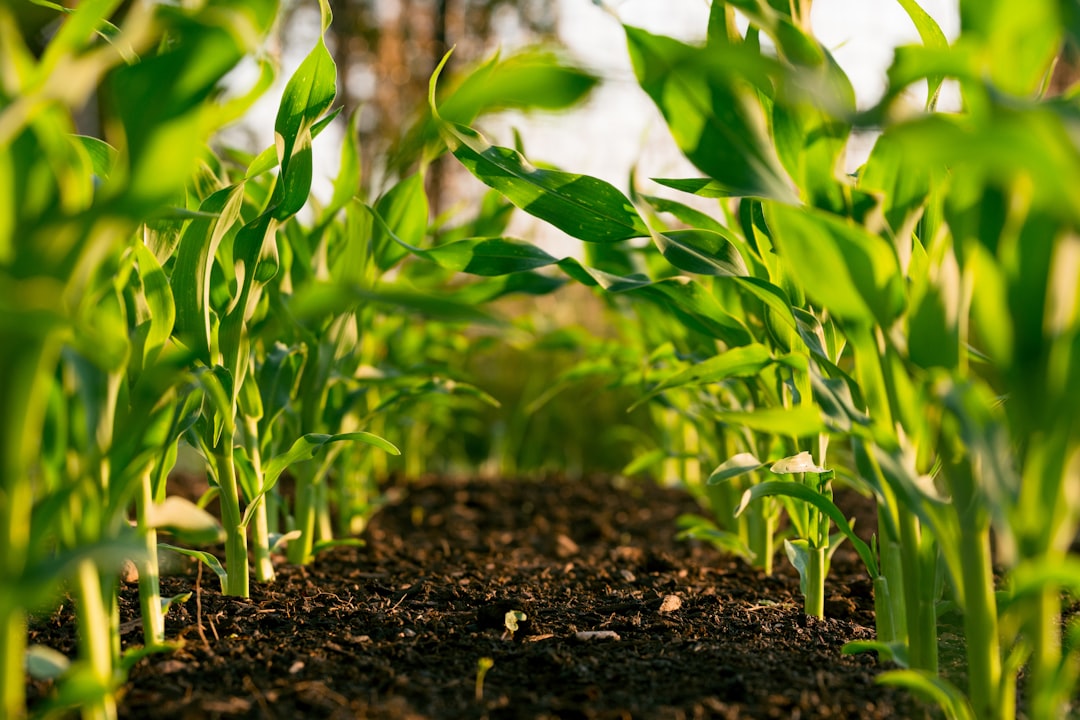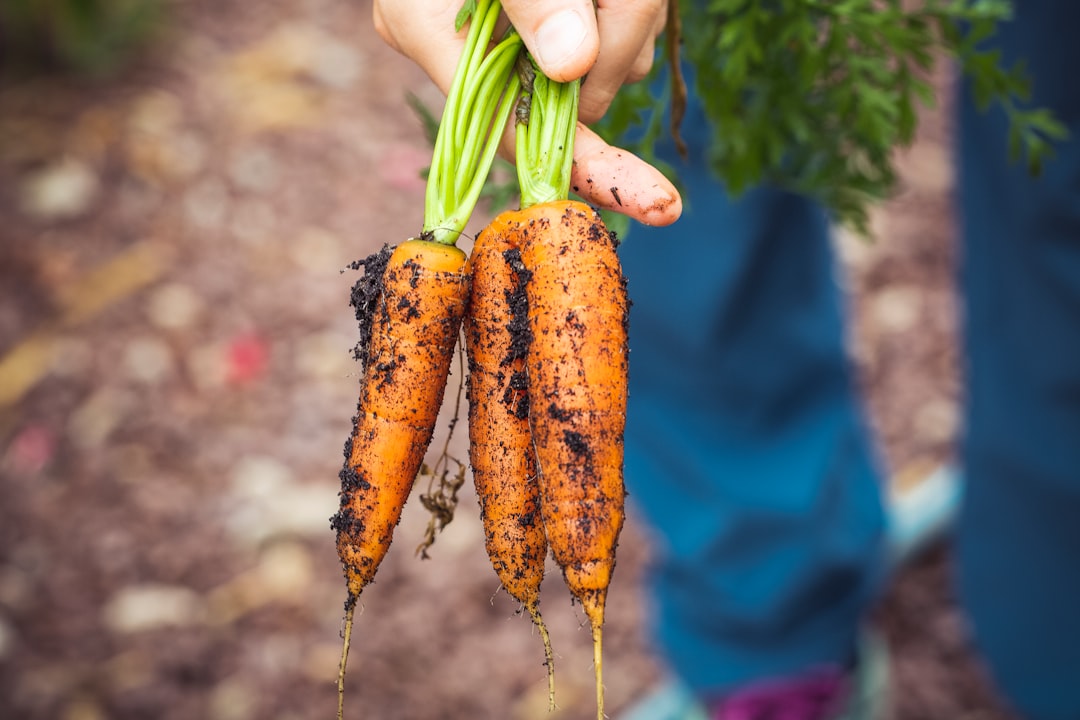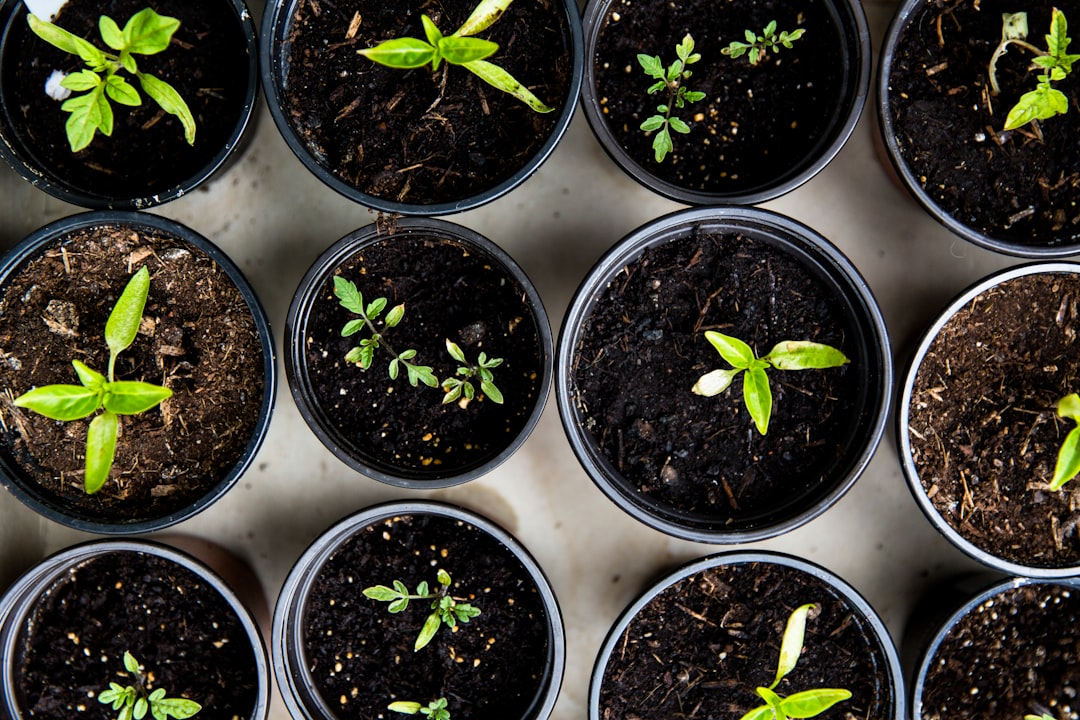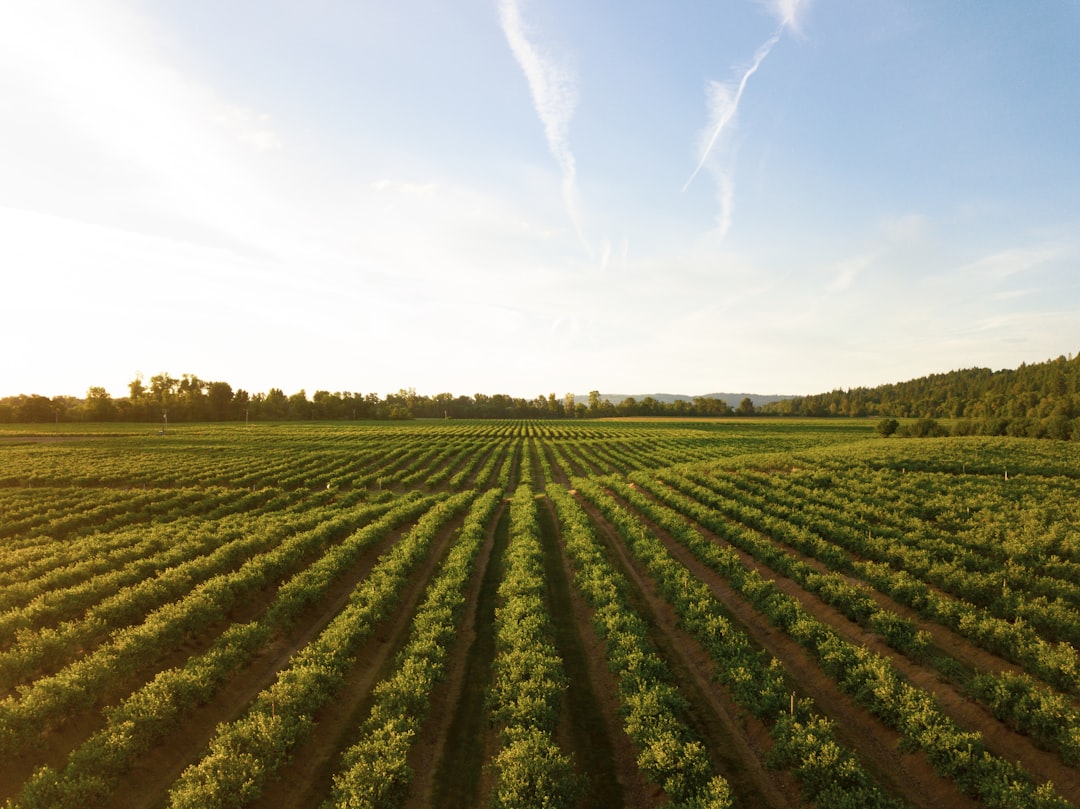Are you familiar with the concept of sustainable agriculture? It is all about achieving a balance between environmental health, economic profitability, and social responsibility within the food system. With the help of technology, we can offer a sustainable solution to the world’s growing need for food while preserving the environment. This is where Artificial Intelligence (AI) comes in.
AI can aid in the practice of sustainable agriculture by providing real-time solutions to farmers’ challenges. From precision farming to crop monitoring, crop management to water management, AI can be an effective tool for sustainable agriculture. AI can help farmers optimize their crop yield while reducing costs, enabling greater safety, and minimizing the environmental impact.
With the world’s population growth, the demand for food is constantly increasing, and we can’t afford to waste any resources or harm the environment in the process. Therefore, AI stands as a powerful solution to maintaining sustainable agriculture practices while catering to rising demands. Let us dive into the details of how AI can transform various aspects of agriculture, making it more efficient and sustainable.
Digging into the Soil: Precision Farming with AI
Precision farming has been gaining popularity in recent years and AI is playing a major role in making it possible. With the help of AI-powered tools, farmers can optimize their farming practices and improve their yields by making informed decisions based on accurate data.
One of the main advantages of precision farming is that farmers can use AI to gather data on soil composition, moisture content, and nutrient levels. This allows them to make more informed decisions about when and where to plant crops, as well as what fertilizers and other inputs to use in order to optimize crop growth.
Another benefit of precision farming with AI is that it enables farmers to use resources more efficiently. For example, if AI tools indicate that certain areas of a field have higher nutrient levels than others, farmers can adjust their fertilizer application accordingly. Similarly, if the data shows that certain areas of a field are too moist, farmers can reduce their water usage in those areas.
AI-powered precision farming also helps farmers to reduce their environmental impact. By optimizing crop yields and reducing waste, farmers can minimize the amount of land, water, and other resources needed to produce food. This, in turn, reduces the carbon footprint of agriculture and helps to promote sustainable farming practices.
In summary, precision farming with AI is a powerful tool for modern agriculture. By using accurate data to make informed decisions about what crops to plant, how to manage them, and when to harvest them, farmers can improve their yields, optimize resource usage, and reduce their environmental impact. As we strive towards a more sustainable future, it’s clear that AI will play an increasingly important role in achieving sustainable agriculture.
By optimizing crop yields and reducing waste, farmers can minimize the amount of land, water, and other resources needed to produce food.
Keeping an Eye on Plant Health: AI-Enabled Crop Monitoring
The health of crops has always been one of the most important aspects of agriculture. With the help of AI, farmers can now monitor the health of their crops in real-time and take preemptive measures to prevent any potential damage. AI-Enabled Crop Monitoring is a powerful tool in sustainable agriculture as it allows farmers to achieve a sustainable yield and maximize the productivity and profitability of their crops.
AI-Enabled Crop Monitoring uses various sensors like cameras, drones, and satellites along with machine learning algorithms to analyze plant health data. These sensors can capture different aspects of plant development, including growth rate, leaf color, and overall crop health. The AI algorithms analyze this data and provide farmers with regular crop health reports, allowing them to detect any potential crop health problems early on.
One of the main advantages of AI-Enabled Crop Monitoring is that it enables farmers to make informed decisions that are based on data analysis rather than intuition. Farmers can quickly identify potential disease outbreaks and take necessary action, such as modifying the irrigation system or applying pesticides. This not only makes agriculture more sustainable but also helps in reducing pesticide and water usage.
Through AI-Enabled Crop Monitoring, farmers can also keep track of the nutrient levels in the soil and the health of the plants, ensuring that they maintain optimal conditions for plant growth. This reduces the amount of time spent on manually monitoring the crops and allows farmers to focus on other essential aspects of their farm.
Furthermore, AI-Enabled Crop Monitoring helps in reducing the risk of yield loss due to environmental factors such as pests, drought, and frost. With real-time monitoring, farmers can take immediate action to prevent any potential damage to their crops, thereby ensuring a healthy and sustainable yield.
In conclusion, AI-Enabled Crop Monitoring is an essential aspect of sustainable agriculture. By providing farmers with real-time crop health reports and enabling them to make informed decisions based on data, it helps in maximizing crop productivity and profitability while reducing the environmental impact of agriculture.
The AI algorithms analyze this data and provide farmers with regular crop health reports, allowing them to detect any potential crop health problems early on.
From Seed to Harvest: AI in Crop Management
As we continue to explore the ways in which artificial intelligence (AI) is revolutionizing sustainable agriculture, we must turn our attention to the critical stage of crop management. From planting to harvesting, there are many tasks and decisions that farmers must make in order to ensure a successful yield. But with the help of AI, these tasks can be carried out with greater precision, efficiency, and effectiveness.
One key application of AI in crop management is in the area of seed selection. By analyzing large amounts of data related to soil quality, climate, and other factors, AI algorithms can help farmers to identify the best seeds for their specific conditions. This can result in higher yields and more resilient crops.
Another important use of AI in crop management is in the area of pest and disease monitoring. By using cameras, sensors, and other technologies, AI systems can detect the presence of pests and diseases at an early stage, allowing farmers to take swift action to prevent damage to their crops. This can reduce the need for harmful chemical pesticides and ensure a healthier and more sustainable crop.
AI is also being used to optimize irrigation systems, ensuring that crops receive the right amount of water at the right time. By analyzing data on soil moisture levels, weather patterns, and other variables, AI algorithms can help farmers to conserve water and reduce waste while maintaining optimal crop health.
In addition, AI is increasingly being used in the area of crop harvesting. By analyzing data on crop maturity, yield potential, and other factors, AI algorithms can help farmers to determine the optimal time to harvest their crops. This can result in higher yields, better quality crops, and reduced labor costs.
Overall, the use of AI in crop management holds great promise for achieving sustainable agriculture. By leveraging the power of data and advanced algorithms, farmers can make better decisions, optimize their resources, and ensure a healthy, productive yield. The future of sustainable agriculture looks bright, thanks to the many exciting developments in AI and related technologies.
AI is also being used to optimize irrigation systems, ensuring that crops receive the right amount of water at the right time.
Efficient Irrigation: AI-Powered Water Management
Efficient water management is vital for sustainable agriculture, and AI technology can help farmers optimize their irrigation practices. By harnessing the power of data and machine learning algorithms, AI tools can provide real-time insights on soil moisture levels, weather patterns, and crop water requirements.
One example of AI-powered irrigation is the use of sensors that measure soil moisture and transmit data to a central computer. The computer then analyzes the data and determines the optimal amount of water to be delivered to each crop.
Another example is the use of drones equipped with multispectral cameras that can detect changes in plant health caused by water stress. By identifying areas of the field that require more water, farmers can target their irrigation efforts more effectively, reducing water waste and ensuring that crops receive the right amount of water at the right time.
AI-powered irrigation systems can also help farmers adapt to changing weather patterns, which are becoming increasingly unpredictable due to climate change. For example, if a sudden rainstorm occurs, an AI system can automatically adjust irrigation schedules to prevent over-watering.
Furthermore, AI technology can help farmers conserve water resources by optimizing irrigation systems to reduce water use while maintaining crop yield and quality. This can be achieved through precision irrigation, which delivers water directly to the plants’ roots instead of spraying it over the entire field.
Overall, AI-powered water management is a crucial aspect of sustainable agriculture that can help farmers optimize their irrigation practices and conserve water resources. By taking advantage of the latest developments in AI technology, farmers can increase crop yields, improve efficiency, and achieve long-term sustainability for their operations.
Another example is the use of drones equipped with multispectral cameras that can detect changes in plant health caused by water stress.
Conclusion: AI is a Powerful Tool in Achieving Sustainable Agriculture
In conclusion, we can see that AI is a powerful tool in achieving sustainable agriculture. By utilizing the latest technological advances, we can achieve optimal crop growth and reduce waste, all while minimizing the impact on the environment.
With precision farming and crop monitoring, farmers can be aware of the optimal time to plant, water, and harvest. This not only saves time but also increases yields and ensures that crops are of high quality. In addition, AI-powered crop management can predict and solve potential problems before they occur, saving farmers time, effort, and resources.
Efficient irrigation is also an essential part of sustainable agriculture, and with AI-powered water management, we can minimize water usage and prevent overwatering. By utilizing sensors and predictive analytics, farmers can monitor environmental factors and adjust water usage accordingly, keeping crops healthy and conserving precious resources.
Overall, the use of AI in sustainable agriculture has already begun to revolutionize the industry. We can see that it is a powerful tool in achieving sustainable growth and reducing waste, all while minimizing the impact on the environment. With continued research and development, we can ensure that we are producing food in a sustainable and ethical way, preserving our planet for future generations to come.
By utilizing sensors and predictive analytics, farmers can monitor environmental factors and adjust water usage accordingly, keeping crops healthy and conserving precious resources.
Scaling Up Sustainable Agriculture with AI
Sustainable agriculture is a pressing issue that requires pragmatic solutions. As the world’s population continues to grow, the demand for food also increases, and this necessitates the adoption of precision farming technologies to increase food production. While traditional farming has often relied on intuition, technological advancements in artificial intelligence (AI) are helping to bring farming into the 21st century.
One of the primary challenges that small farmers face in adopting sustainable agricultural practices is access to technology. AI is changing this by providing affordable and innovative solutions that offer a substantial impact on the productivity and efficiency of agriculture. With AI-enabled precision farming, farmers can optimize their planting, cultivation, harvesting, and resource utilization while ensuring minimum negative impact on the environment.
Furthermore, AI is helping farmers to maintain better control and reap more exceptional yields irrespective of climate change and other environmental factors. AI-powered water management systems ensure that water usage is optimized, and plants get the right amount of water they need for growth.
AI-Enabled crop monitoring is also changing the industry by allowing farmers to keep an eye on their crops at all times. By leveraging AI and machine learning algorithms, farmers can quickly identify problems like nutrient overdrive, under-irrigation, pest infestations, and diseases that can cause damage to crops. With this information, farmers can take proactive steps, saving time and money spent on corrective actions.
Besides, AI in crop management is changing the way farmers make management decisions. Farmers can use AI-powered plant health and growth predictions to determine when to plant, the quantity of fertilizers, and when it is the best time to harvest. This will help to optimize, process, and transport the final products to markets, increasing the efficiency and quality of the supply chain.
In conclusion, the incorporation of AI in sustainable agriculture has the potential to revolutionize and bring much-needed support to farmers around the world. From precision farming, crop monitoring, water management, to crop management, AI is opening up new possibilities while ensuring that sustainable agriculture practices are upheld.
